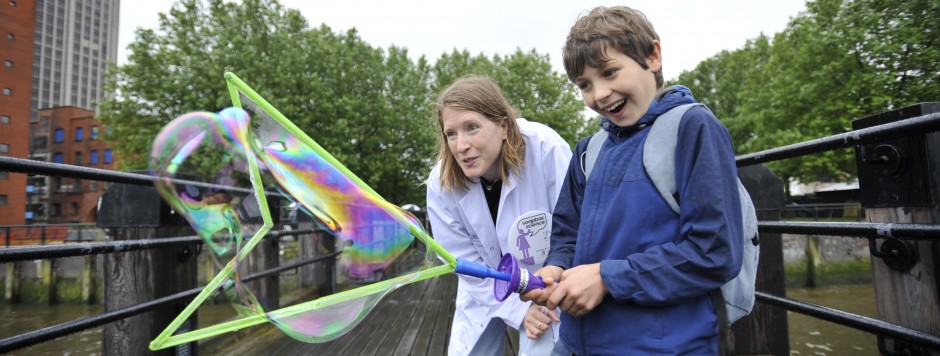My family have a history in Manchester. My dad was born in Hulme about 1 mile from the University campus in a house that was reduced to rubble in the 1969 ‘redevelopment’. When he met my mum they were both working for Refuge Insurance (now the Palace Theatre) and used to go dancing in the Ritz during their lunch break. My dad was fiercely loyal to Manchester as a city, a culture and an extended family. Even though he grew up in what was later referred to as the Hulme slums, he thought the city had been generous to him. He passed his optimism on to me.
I am proud of Manchester. The Manchester Society for Women’s Suffrage was formed here in 1867 and the Pankhurst family lived and protested here until 1909, when they moved to London to become part of the growing women’s movement. The NHS was born here at Park Hospital, Davyhulme (now Trafford General Hospital) in 1948. Labour has held a majority in Manchester city council since 1973. The University of Manchester appointed its first female president in 2010, Professor Dame Nancy Rothwell who has championed social responsibility amongst staff and the widening community, making it the University’s third primary goal in the 2020 strategic plan. As a city, Manchester has shown itself to be pioneering, outward looking and overwhelmingly in favour of gender equality and opportunity for all.
And yet. There is still room for improvement particularly for women in science. Across the University of Manchester only 18% of professors are female. Some faculties host significantly more than others but the average is still low. We are very good at putting successful women in the spotlight, but I think still fail to nurture young female staff through the challenges of being a woman in science. We share the UK statistics which show that despite having more than 50% female science graduates, fewer than 11% of senior lecturers are female. We suffer from the UK ‘leaky pipeline’ so well described, demonstrating a significant loss of women as they move up the scientific career ladder. Bringing Soapbox Science to Manchester will raise the profile of 12 amazing women, from PhD student through to Professor, astrophysicists to biologists, who produce science worthy of public attention. We want to bring their science to the streets to inspire future generations of women with diverse stories from clouds to cancer, protons to parasites, neuropsychology to nanoscience.
I know Manchester will embrace Soapbox Science. I know that Piccadilly Gardens will be receptive to this fantastic, entertaining, inspiring event. Maybe we can contribute to the changing landscape of female scientists in Manchester. I hope it will become an annual event. #Science needs women and Manchester once again needs to join an inspiring women’s movement to look forward to change. I hope to see you there at 1pm Saturday 23rd July, Piccadilly Gardens, City Centre Manchester.
